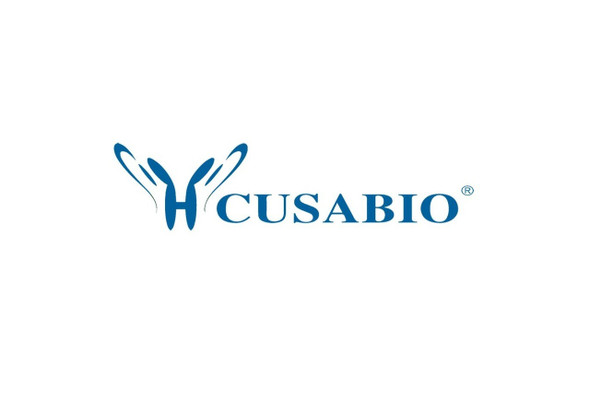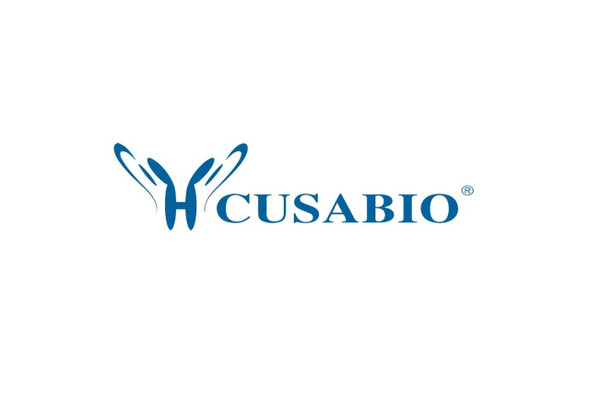Cusabio Polyclonal Antibodies
KRT6A/KRT6B/KRT6C Antibody | CSB-PA937892
- SKU:
- CSB-PA937892
- Availability:
- 3 to 7 Working Days
Description
KRT6A/KRT6B/KRT6C Antibody | CSB-PA937892 | Cusabio
KRT6A/KRT6B/KRT6C Antibody is Available at Gentaur Genprice with the fastest delivery.
Online Order Payment is possible or send quotation to info@gentaur.com.
Product Type: Polyclonal Antibody
Target Names: KRT6A/KRT6B/KRT6C
Aliases: keratin 6A/keratin 6B/keratin 6C
Background: The protein encoded by this gene is a member of the keratin gene family. The type II cytokeratins consist of basic or neutral proteins which are arranged in pairs of heterotypic keratin chains coexpressed during differentiation of simple and stratified epithelial tissues. As many as six of this type II cytokeratin (KRT6) have been identified; the multiplicity of the genes is attributed to successive gene duplication events. The genes are expressed with family members KRT16 and/or KRT17 in the filiform papillae of the tongue, the stratified epithelial lining of oral mucosa and esophagus, the outer root sheath of hair follicles, and the glandular epithelia. This KRT6 gene in particular encodes the most abundant isoform. Mutations in these genes have been associated with pachyonychia congenita. The type II cytokeratins are clustered in a region of chromosome 12q12-q13.
Isotype: IgG
Conjugate: Non-conjugated
Clonality: Polyclonal
Uniport ID: P02538/P04259/P48668
Host Species: Rabbit
Species Reactivity: Human, Mouse
Immunogen: Synthetic peptide of human KRT6A/KRT6B/KRT6C
Immunogen Species: Human
Applications: ELISA, IHC
Tested Applications: ELISA, IHC;ELISA:1:2000-1:5000, IHC:1:50-1:200
Purification Method: Antigen affinity purification
Dilution Ratio1: ELISA:1:2000-1:5000
Dilution Ratio2: IHC:1:50-1:200
Dilution Ratio3:
Dilution Ratio4:
Dilution Ratio5:
Dilution Ratio6:
Buffer: -20°C, pH7.4 PBS, 0.05% NaN3, 40% Glycerol
Form: Liquid
Storage: Upon receipt, store at -20°C or -80°C. Avoid repeated freeze.
Initial Research Areas: Tags & Cell Markers
Research Areas: Tags & Cell Markers;Signal transduction











